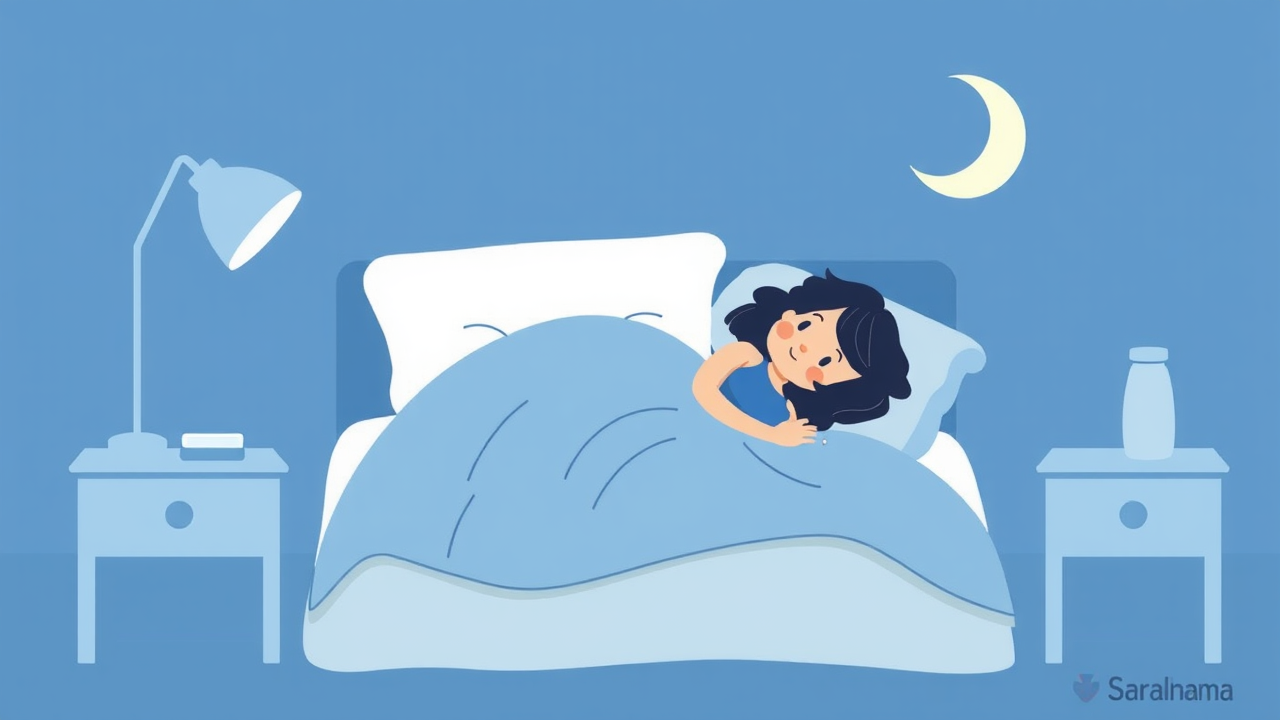Actor Saif Ali Khan once revealed his irregular sleep schedule during an interview on Doordarshan's Subah Savere program. He explained that while he sleeps for eight hours, the timing varies greatly—sometimes going to bed at 7 a.m. and waking at 1 p.m., or sleeping at midnight and rising at noon or 2 p.m. He spends his waking hours on the computer, watching films, or reading books, noting there is little to do early in the morning. However, he occasionally wakes up at 7 a.m. when work demands it. While his total sleep duration seems adequate, experts warn that irregular sleep timing can undermine health benefits. Dr Jagadish Hiremath, a Public Health Intellectual, emphasizes that the body's internal clock is designed to align with natural light and darkness. Sleeping at inconsistent times reduces the quality of deep and REM sleep, affecting hormone balance, metabolism, and energy levels over time.

Health Risks of Disrupted Sleep Timing and Recovery Strategies
Sleeping at sunrise or waking in the afternoon disrupts the circadian rhythm, a natural 24-hour cycle controlling sleep, hormones, digestion, and mood. Chronic misalignment can weaken immunity, trigger weight gain, impair glucose control, and raise heart disease risk. It also increases the likelihood of anxiety, depression, and memory problems. People with unpredictable schedules should maintain a consistent sleep window, limit caffeine and heavy meals before bed, avoid bright screens 30 minutes before sleeping, and ensure dark, cool bedrooms. Exposure to natural daylight after waking and staying active during the day reinforces the internal clock. Short naps may help occasionally but should not replace regular sleep routines.
Source: Link
